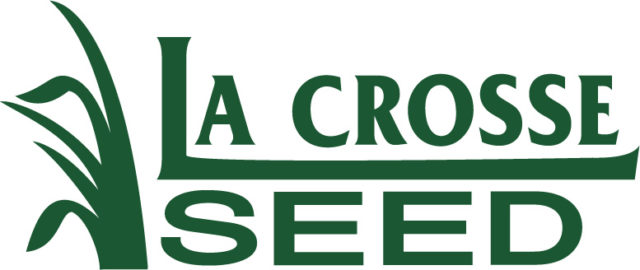The National Pork Producers Council joined AFBF in the lawsuit.
“We are sticking up for the tens of thousands of farmers and ranchers whose personal information would end up in the public domain,” said AFBF President Bob Stallman. “This lawsuit is about the government’s unjustified intrusion into citizens’ private lives.”
Earlier this year the farming and ranching community was shocked that EPA released personal information about thousands of livestock and poultry farmers and ranchers in 29 states in response to FOIA requests from three environmental organizations.
The massive data release contained tens of thousands of lines in spreadsheets often including home phone numbers, home emails, employee contact information, home addresses and in some cases personal notes about the families.
EPA had required state regulatory agencies to provide the agency with this information, which it then publicly released in its entirety. EPA has taken the position with AFBF and others that it has no legal obligation under FOIA to keep most of the information private.
Now, in response to new FOIA requests, EPA intends to release additional personal information from farmers in Minnesota, California, Idaho, Nevada, Oklahoma, and Washington.
According to AFBF, the majority of farmers and ranchers, as well as their families, don’t just work on the farm — they live there, too. By turning over farmers’ names and addresses for public consumption, EPA is inviting intrusion into the privacy of farmers and their families on a nationwide scale.
“We support transparency and frequently advocate for increased government transparency,” Stallman said. “But publicly sharing spreadsheet upon spreadsheet of tens of thousands of peoples’ names, addresses and other personal information is not transparency in the workings of government — it is an invasion of the personal privacy of citizens.
EPA is in effect holding up a loudspeaker and broadcasting where private citizens live and where their children play.”
AFBF said it does not necessarily object to the collection of aggregated data of farm and ranch business information for government use, but in the wrong hands personal location information could disrupt farm activity and lead to farm equipment theft or even sabotage or criminal mischief, especially for those farms that store fertilizer and chemicals or have large numbers of animals on the farm.
“In the scope of everything happening nationally with the exposure of citizens’ private information, it’s time to say enough is enough,” Stallman said.
“Farm Bureau is not only standing up for farmers in this case, but we are also standing up for all citizens who shouldn’t have their personal information publicly disseminated by their government.” FG
—From American Farm Bureau Federation news release








